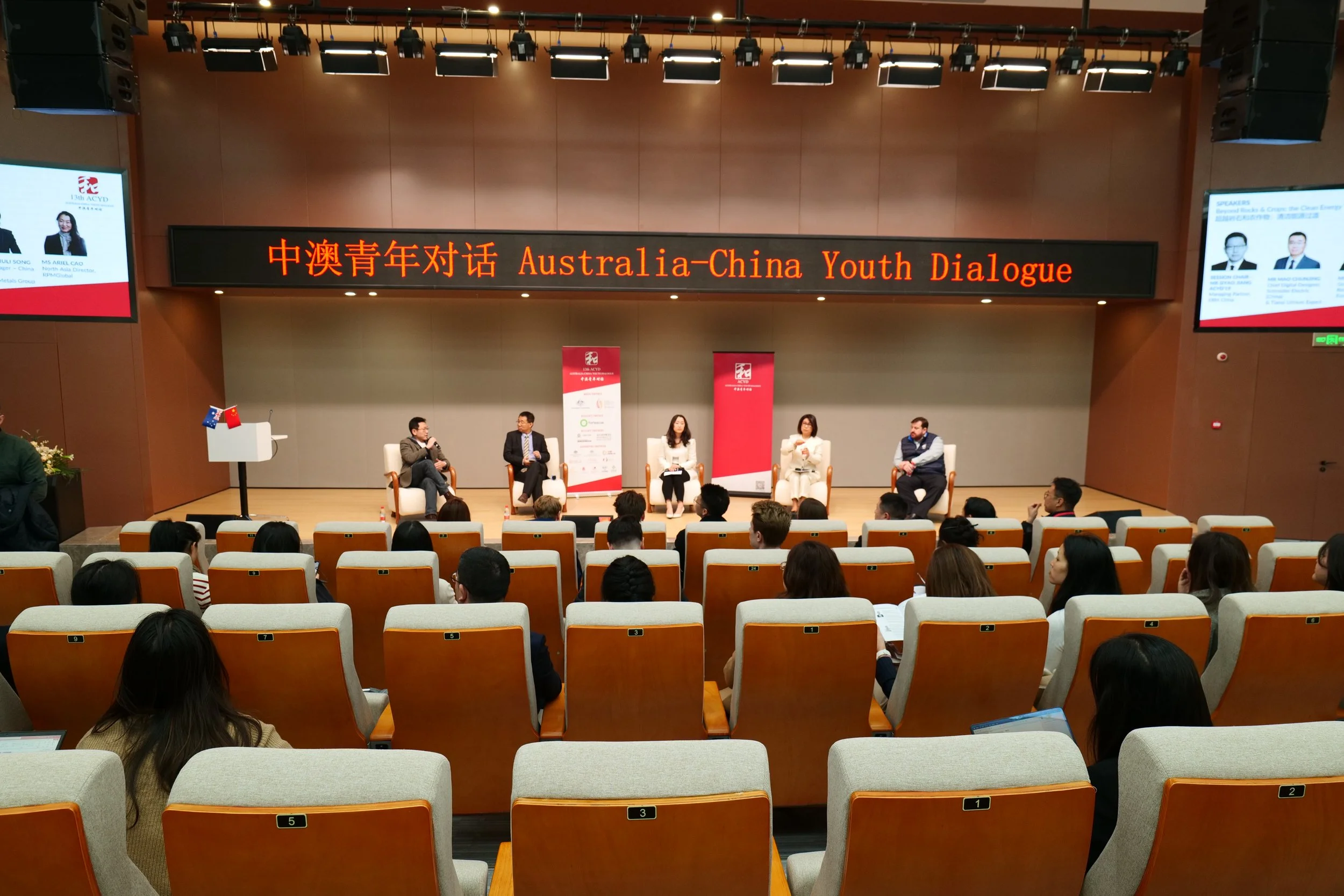1. What have you been working on since participating in the Dialogue in 2010?
After participating in the Dialogue in Beijing and Shanghai in 2010, I went straight back to Beijing to complete another round of archival research in the Chinese Foreign Ministry. This archival research formed part of the research for my PhD on China's foreign economic policy towards Japan during the first two decades of the Cold War. Drawing on hundreds of recently declassified Chinese archival records, my PhD argued that despite China’s experience of Japanese imperialism, industrialisation and war during the first half of the twentieth century, China's Communist leaders viewed Japan as an important source of industrial goods, technology and expertise, and a symbol of a modern, industrialised nation-state. This meant that after 1949--and despite the fact that they were situated on opposite sides of the Cold War divide, China's leaders tried hard to rebuild an economic relationship with Japan. My research challenges a couple of common narratives that we often hear about the China-Japan relationship: either that China-Japan relations were nonexistent before diplomatic recognition in 1972, or that they have been purely conflict-ridden since the end of the Second World War. After completing my PhD at Oxford University in 2012, I moved back to Australia in 2013 to take up a Lectureship with the Strategic and Defence Studies Centre at the Australian National University. At the ANU I teach on international security in the Asia-Pacific, and on Chinese defence and security policy.
2. How has the Dialogue helped you get to where you are?
The Dialogue was a fantastic way to meet a whole range of Australians and Chinese working on cutting edge issues facing China today. During the 2010 Dialogue, I was thrilled to have the opportunity to hear from people like Richard Rigby, Jeremy Goldkorn, Geremie Barme, Philippa Jones, and Jingdong Yuan, who are leading experts on China's foreign policy, media, history, environment and security. Speaking with these experts, and discussing with fellow delegates the issues raised at the Dialogue, has strongly shaped my thinking about China.
3. How do you influence the Australia China relationship on a day to day basis?
Although my own work does not focus specifically on the Australia-China relationship, there are a number of ways in which I think my research and teaching is having some small influence on this relationship. In my research, I try to enhance our understanding of China, and how China's history--particularly its history of conflict and economic interdependence with Japan--play a role in shaping it's foreign policy and security outlook today. I think we in Australia still have a fairly limited understanding of China's past and present foreign and security policy, partly as a result of the difficulty of studying China and getting access to its archives, official documents, and policy-making community. Though there are challenges to studying China, it is by no means impossible, and I hope that in the coming years I can contribute to the impressive community of China scholars at the ANU who are all trying to increase our understanding of China. Outside of my own research, every year I teach a hundred or so undergraduates and postgraduates at the ANU about China. Many of these students will go on to play a role in Australia's business, foreign policy, defence and aid relationship with China, and so I hope that through the debates and discussions we have about China in my lectures and seminars, I am contributing to Australia's future China-watching community.






